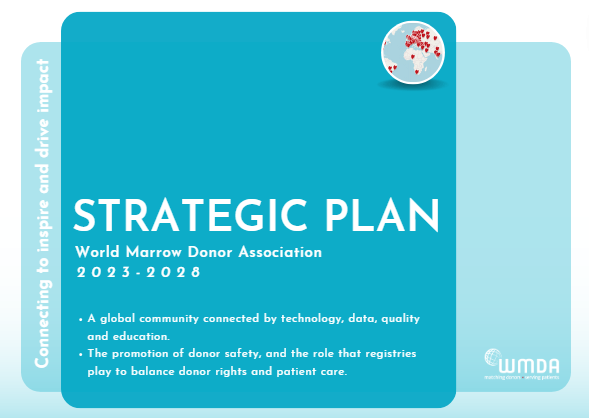Update yourself on the latest news and read Stem Cell Matters, our monthly newsletter.
Read the most important updates from the WMDA office and notifications to support global collaboration.
Information for Human Cell, Tissue, and Cellular and Tissue-Based Product (HCT/P) - Establishments Regarding FDA's Determination that Zika Virus is no Longer a Relevant Communicable Disease Agent or Disease
On the morning of May 21, 2024, the FDA announced that Zika Virus is no longer a relevant communicable disease agent or disease for HCT/Ps. As such, screening for risk of Zika Virus will no longer be required for cord blood donors, cord blood banking, or for manufacturing of cellular therapies derived from cord blood or birthing tissues. Travel to areas of the world where Zika Virus previously occurred will no longer be an exclusion for cord blood banking or for cord blood licensure. The change went into effect yesterday, May 20, 2024. Find here more information, click here.
-------------------------------------------------------------------------------------------------------------------------------------------------------------------------------------------------------------
REDOME Survey
Please help the Brazilian Bone Marrow Donor Registry, REDOME, by filling out their survey: here.
Redome has initiated a research plan to evaluate REDOME as part of Brazilian public policy for unrelated hematopoietic stem cell transplants, compared to other international registries. The research's main focus is on sustainability and some financial data are fundamental to performing economic analysis.
-------------------------------------------------------------------------------------------------------------------------
WMDA strongly condemns the violence that is occurring in Ukraine, Israel and Gaza. We offer our sympathies to all those who are suffering because of these conflicts. We extend our support to the donor registries and medical centres whose donors and patients are negatively affected by these crises.
-------------------------------------------------------------------------------------------------------------------------

